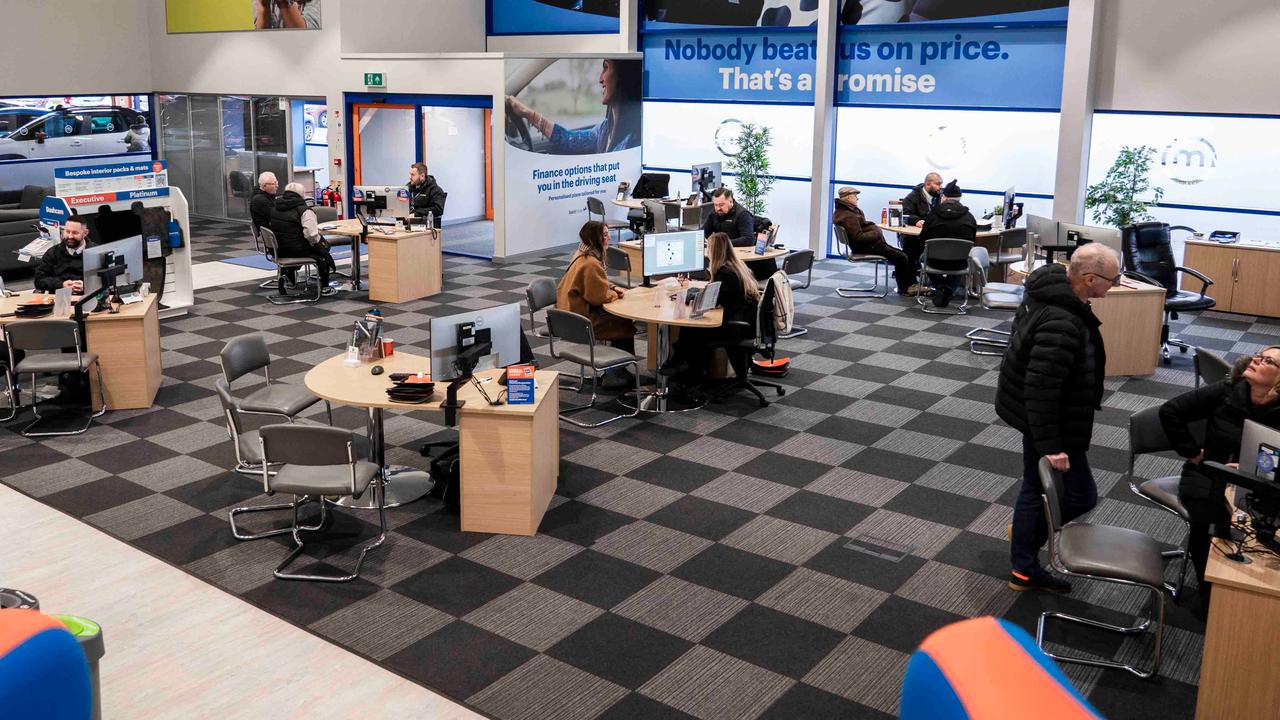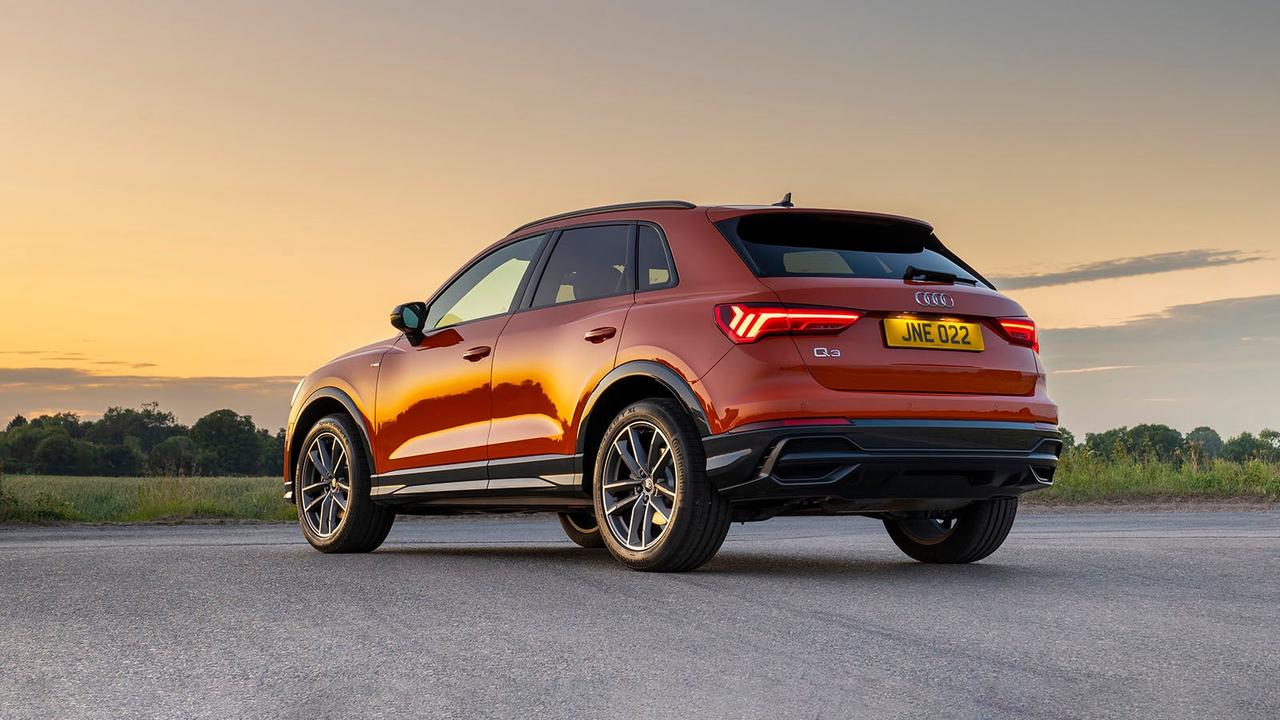Hire Purchase (HP) is a type of car finance that splits the cost of the car into manageable monthly instalments.
It’s probably the most common type of car finance overall, because the other main type of car finance – Personal Contract Purchase, or PCP – is usually only available on cars up to a few years old. Read on to find out if HP (the finance, not the sauce) is right for you.
- What is Hire Purchase (HP) finance?
- How does HP car finance work?
- Pros and cons
- Should you buy a car with HP finance?
- What should you do at the end of an HP finance agreement?
- How to get the best Hire Purchase deal
- What to do if you can’t afford the repayments
- Alternatives to Hire Purchase
- Is Hire Purchase right for me?
What is Hire Purchase (HP) finance?
Hire Purchase splits the car’s cost across a series of monthly repayments, typically over three to five years. You’ll usually have to pay a deposit up front – although no-deposit finance is an option from many car retailers, including Motorpoint.
HP might be the best choice for you if you know you want to own the car outright at the end of the finance agreement. In comparison, PCP finance means you have to pay or finance a lump sum at the end of the agreement to own the car, or hand it back to the finance provider.
The monthly payments for a car on HP finance will be higher than the same car on PCP but, without the balloon payment at the end, HP’s total cost will almost certainly be lower than PCP for buyers that want to own the car.
How does HP car finance work?

The first stage to buying a car on HP is to decide what model you’d like – making sure you can afford the monthly payments.
You can then get a personalised HP finance quote for that car. The quote will include your deposit, if you choose to pay one, along with any value from your old car if you choose to part exchange it. You will then pay a series of monthly payments over an agreed period of time.
Once you’ve paid all the payments, you are the legal owner of the car and can do whatever you want with it. Until that point, the finance provider remains the legal owner of the car – you’ll be the registered keeper, which means you have to ensure the car is taxed, MOT’d (if applicable) and roadworthy at all times.
Unlike PCP, there’s no annual mileage limit or charges for any damage to the car.
Here, we’ll talk you through the key elements that go into a HP finance agreement to help you work out if it’s the right choice for you:
- Deposit: most finance buyers put down a lump sum at the start of the agreement to partially pay off the balance. The larger your deposit, the lower your monthly payments. This will also reduce the amount you pay in interest. Deposits are usually optional on HP deals, however, meaning you can buy the car in exchange for higher monthly payments
- Monthly payments: these are the regular payments you make to settle the balance of your HP finance agreement. The monthly cost changes depending on the value of the car you choose, the deposit you put down and the interest rate
- Duration: this is simply how long the finance deal lasts. Typically, this is around three to five years but can sometimes be longer or shorter depending on your requirements
- Interest rate: this percentage determines the amount of interest you pay on the finance deal. You can use this figure to compare different finance quotes to understand how competitive they are
- Total amount payable: this is the complete cost of the finance, interest and fees over the duration of the agreement. You can look at this figure in relation to the car’s list price to understand how much you will have paid in interest, although this is usually also listed separately in the agreement
Pros and cons of Hire Purchase finance
Pros:
- No annual mileage limit or excess mileage charges
- No damage or condition charges
- Lower overall interest costs than PCP finance
- Become the legal owner as soon as you finish your payments
- HP is available on nearly all used cars, whereas PCP typically covers cars that are 0-5 years old
Cons:
- Higher monthly payments than a PCP agreement
- Not a good choice if you want to change cars regularly
- Your car may run out of warranty cover, at which point you’ll be liable for repair costs
- The longer the HP agreement, the more interest you pay
Should you buy a car with HP finance?

HP is probably the best choice if you want to own the car outright at the end of your finance agreement. In this scenario, you’d put down an optional deposit and then pay off the remaining cost of the car (plus interest) broken down into monthly payments.
At the end of the agreement, you own the car outright and can do whatever you want with it. This means you can continue to run it for many more years, with only running costs and depreciation to worry about. You could also sell the car once it’s paid off for its market value, using whatever money you get to put towards your next finance agreement.
In general, HP finance might be a better choice for buyers who are looking at owning their vehicle over a longer period. If you want to change your car more regularly, you might be better off looking at PCP finance. One potential disadvantage of HP finance is that you’ll probably own the vehicle well beyond the manufacturer’s warranty period, meaning you’ll be responsible for any unexpected repair costs that crop up later on in the car’s life – unless you take out an extended warranty that kicks in when the manufacturer’s cover runs out. PCP buyers, on the other hand, usually remain within the warranty window, isolating themselves from the majority of unexpected repair bills.
What should you do at the end of a HP finance agreement?
At the end of your HP agreement, you have two options:
- Become the legal owner of the car and continue driving it without any more monthly payments
- Sell or part exchange the car and and put the money towards your next car or any other large purchase
Read our full guide to what happens at the end of your HP finance agreement here.
How to get the best Hire Purchase deal
While it’s not an option everyone can consider, try to put in as much deposit as you can. The more money you put in upfront, the less finance you’re taking out and the less interest you’ll pay overall. Similarly, make the length of the agreement as short as possible, as you’ll pay more interest on a longer-term agreement.
You can pay off the finance agreement at any time, if you wish. You’ll need a settlement figure from the finance provider, which details how much you need to pay (including interest) to make the car yours. Doing this can save you interest, too.
What to do if you can’t afford your repayments
The first port of call is to speak to your finance provider, to see if there’s anything they can do for your circumstances.
If you’ve paid off at least 50% of the total amount payable figure, you can trigger a voluntary termination – when you agree to hand the car back to the finance company and stop making any more monthly payments. In this situation, you may be charged a fee for any damage to the car.
Alternatives to Hire Purchase

PCP finance is the other most common type of car finance – although, as we’ve discussed, it’s not available on every used car and may not suit your requirements. You could consider taking out a bank loan to pay for the car outright, and make repayments to the bank rather than an automotive finance provider – but this could jeopardise your ability to get loans for other purposes. You might also consider leasing (otherwise known as Personal Contract Hire, or PCH), which is mainly available on new cars. You’ll never own the car on a lease and are subject to high excess mileage and damage charges, though.
Is Hire Purchase right for me?
HP finance is the right choice for you if you know you want to keep the car for a long time. It’s also a top choice if you do lots of miles, as there’s no excess mileage charges to worry about. Similarly, if you’re likely to cause some damage to the car (we’re not judging your parking ability – we mean if you’ve got a slobbery dog, if you want to smoke in the car or if you regularly carry dirty things), HP is one of the better options to go for.
Once you’ve paid off the total cost of the agreement, the car is yours to do what you like with it. When you become the legal owner of the car, it’s a potential form of capital if you ever need some quick cash – perhaps for house renovations or a change in your circumstances.



































